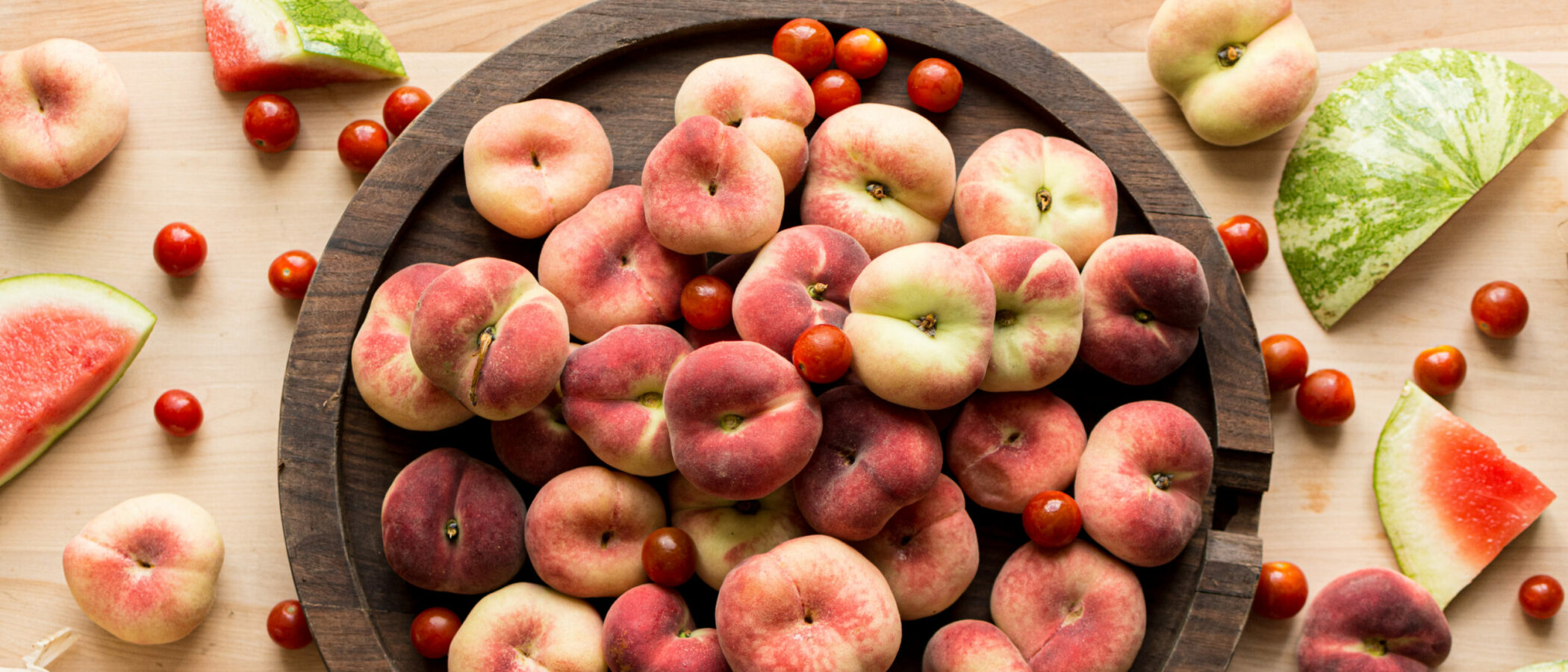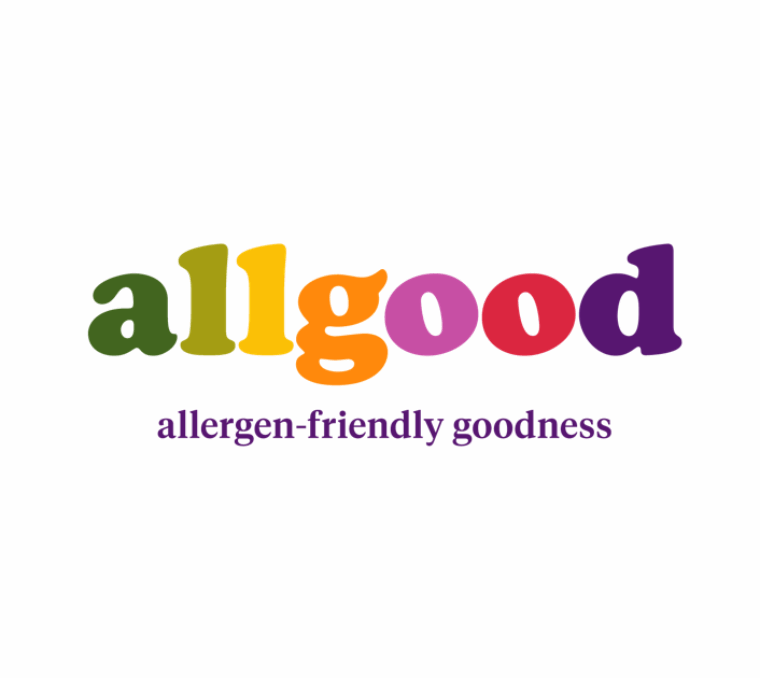
menu commitments & allergen information
personalized information
We recognize your dietary needs in a way that’s personalized, sensitive and supportive. We pride ourselves on working with you and our culinary teams to make sure that you find the food that fits your life. Learn about how we make it easier for you to tell what is in your food!
our menus
Our menus are written each week by chefs at each of our dining locations and analyzed by our Registered Dietitian for dietary and allergen information. You can find menu items and nutrition information for breakfast, lunch, and dinner both on our website and on digital menu boards in our dining locations.
If you have questions about food allergies and/or intolerances, please reach out to our Registered Dietitian.

The Table at Higgins
The Table @ Higgins is Clark's all-you-can-eat dining hall. It houses twelve different stations with a variety of cuisines that meet a variety of dietary needs. Explore the stations below!
nutrition highlights
Our digital menu boards and website utilize icons to quickly convey menu information, from vegan to made without gluten dishes. These icons are displayed next to each dish on our digital menu boards, and guests can use them to filter our menus online to quickly and conveniently learn about our dishes.

Menu items that exclude meat, poultry, fish, dairy, eggs, honey, and gelatin.
Menu items that exclude meat, poultry, and fish or gelatin.
Menu items that are prepared without wheat, barley, rye, or any other gluten-containing ingredients.
Cool Food Meals have a low carbon footprint, already meeting the level of food-related emissions the World Resource Institute’s research says we need meals to have by 2030. Using an ingredients list, WRI calculates a dish’s carbon footprint by analyzing the agricultural supply chain and land used to produce the meal. If the carbon footprint falls below an established per-meal threshold and meets nutritional standards, it is certified as a Cool Food Meal.
Products grown or produced within 150 miles of Worcester
Peanuts, peanut products, and peanut oil are not used as ingredients in our recipes, although we do not exclude utilizing products that ‘may contain peanuts’. Students with a peanut allergy are advised to take caution especially with bakery items and Asian dishes where cross contact with peanuts are common during manufacturing.
Peanut and peanut products can be found in pre-packaged items that are available for purchase at our retail locations.
Tree nuts are not used as ingredients in our recipes, although we do not exclude utilizing products that ‘may contain tree nuts’. Students with a tree nut allergy are advised to take caution especially with bakery items and pesto where cross contact with tree nuts are common during manufacturing.
Coconut and coconut milk are no longer technically considered a tree nut containing allergen by the Food and Drug Administration (FDA) and are used as an ingredients in our recipes.
Tree nuts can be found in pre-packaged items that are available for purchase at our retail locations.
Fish entrees are an occasional menu offering, but other dishes may also contain fish sauce, Worcestershire sauce, curry paste, or Caesar dressing.
Shellfish as an ingredient is sometimes on the menu. Additionally, although not technically considered a shellfish allergen by the Food and Drug Administration (FDA), some dishes may contain mollusks such as clams, mussels, oysters, or scallops. If severely allergic to shellfish, it is advised to avoid these as well.
Soy and soybean oil are present in a large variety of products, most notably manufactured products and our fryer oil. However, our other recipes are prepared with a vegetable/olive oil blend. The FDA exempts highly refined soybean oil from being labeled as an allergen. Studies show most allergic individuals can safely eat soy oil that has been highly refined (not cold pressed, expeller pressed, or extruded soybean oil).
Milk and milk-based products are used as ingredients in many menu items. A non-dairy milk option is available every day in dining facilities across campus. Items prepared with butter or margarine should be avoided.
Eggs are present in baked goods, desserts, and mayonnaise. Students are encouraged to check the ingredient information of items they wish to eat.
Wheat is a common grain found across campus locations in pasta and baked goods, but may also be present in certain salad dressings, sauces, soups, and casseroles. Gluten is the protein found in wheat, barley, rye, and sometimes oats. You can find made-without-gluten items easily using the dietary filter and designated icon.
Per the FASTER Act, manufacturers will be including sesame as the 9th allergen declared on all food products in the US. Additionally, this allergen has been added to our recipes and dishes. Sesame seeds and tahini are common sesame ingredients. Sesame oil is not highly refined and therefore should also be avoided, if severely allergic.


